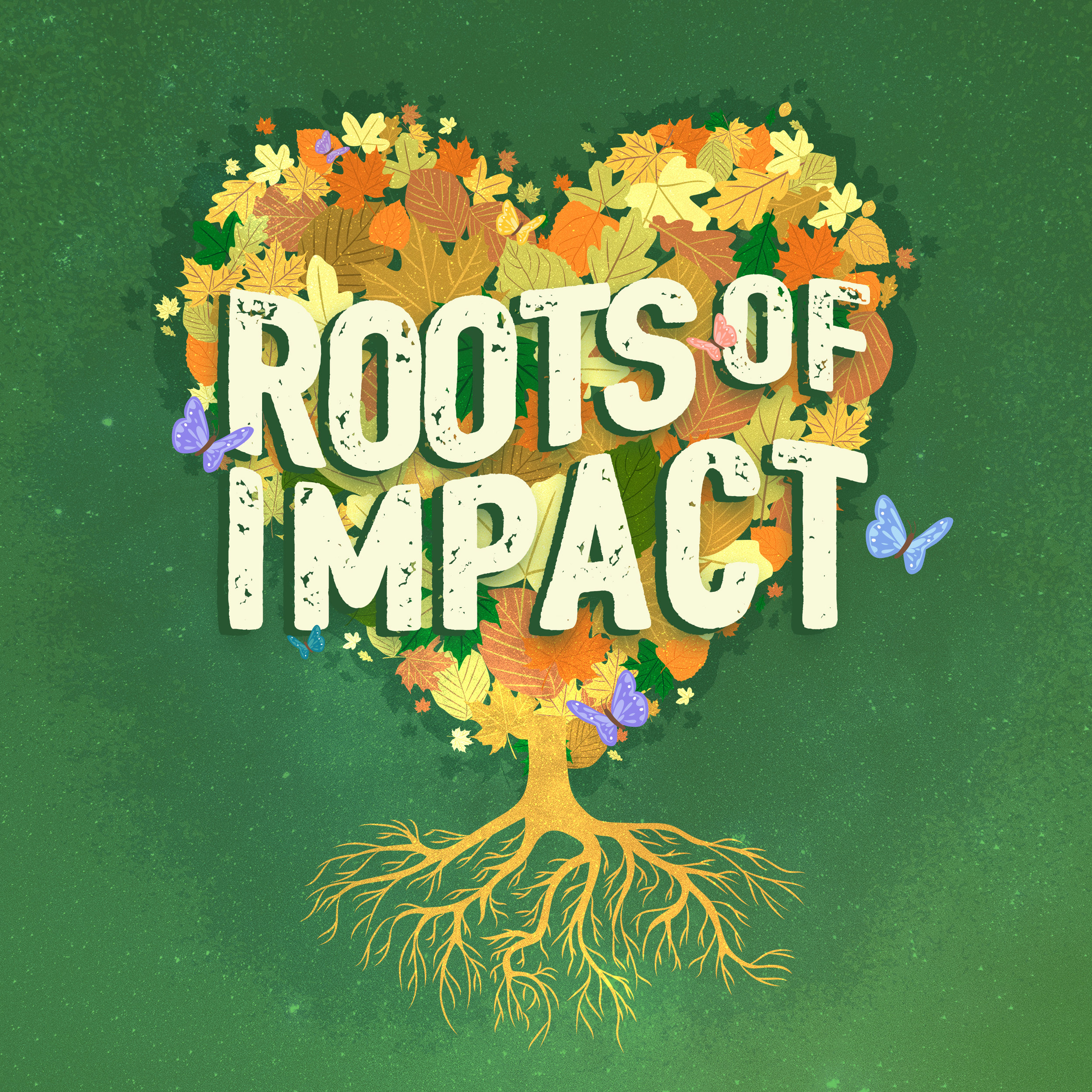Fires in the Amazon and Agroecology as a path forward with Heitor Mancini Teixeira (Ep. 6)
Summary:
In this episode we go all the way to Wageningen in the Netherlands and interview Heitor, a Brazilian PhD candidate at the Wageningen University where he focuses his research on Biodiversity and Ecosystem services.
He goes over the situation in Brazil and explains the reasons for the fires in the Amazon which include changes in policy, greater deforestation compared to previous years and the curre global agro food system.
He then takes us on a journey through Agroecology as a systemic solution to the imbalance in the current Agro food system.
He finally asks us and the audience to organize ourselves and to join organizations that are pushing this transformation forward, since by uniting we can leverage our strengths and accelerate the much needed change.
Show Notes:
Heitor is a forest engineer and always focused on combining nature conservation with agricultural production and now is getting the scientific side of things via a PhD in the Wageningen University.
Heitor's PhD focuses on Biodiversity and Ecosystem Services.
The causes of fires are deforestation for big farming and slash and burn for small scale farms.
Fires in the Amazon are not natural and plants do not have an evolutionary adaptation to tolerate fires. Fires are human driven activities.
Fires in the Amazon have huge impacts. CO2 emissions, reduction of bio diversity, degradation of soil.
Causes of fires are deforestation for big farming. There has been 88% deforestation than last year and also fires are due to slash and burn practices for small scale agriculture performed by local communities.
Fires due to deforestation have much more impact than slash and burn fires since they cover bigger areas and destroy the forest permanently, while slash and burn fires are small and allow forest regrowth in the future via agricultural rotation.
Deforestation is driven by lax environmental policy and the need of the agro business sector to have more land.
Savannas have mechanisms made to tolerate fires, so in these ecosystems the fires have an ecological role.
Bolsonaro is trying to make environmental policy more flexible, he undermines the role of indigenous people as nature protectors and has cut budget on conservation programs and since he does not believe in climate change he has cut the budget of the climate change program, which is established by law, by 95%.
Indigenous people are suffering with the new regulations. They are losing the rights to their lands.
The government and other actors are trying to criminalize social movements.
Agroecology can be a solution to help local communities to take a stand against large agro business by showing them that there can be a more sustainable way.
Slash and mulch as an alternative to Slash and Burn.
Agroecology provides a platform to give voices to minorities.
Agroecology create a platform for individuals to join forces and have a stronger voice.
Agroecology is a practice, movement and science developed to design more sustainable agro food systems and policy should be included in the equation.
Agroecology is also the relationship between humans and nature mediated by culture.
Agroecology can also address the challenge of increasing the economy since agroecology creates business in local communities, but for this to happen a change of paradigm is needed.
In the latest census 30% of agricultural land is owned by small families and produce 40% of the value.
Agroecology also needs to be put in the worldwide perspective.
We need to consider our habits but mainly we need to understand the agro food system and help change the system or support projects that are more sustainable.
Even though consumers need to be conscious of their consuming habit we need to change the system.
The fires in the Amazons can serve as an awakening call for humans.
We cannot judge people for their consumer actions because if judged they we not help change the system.
Lets create more lungs of the Earth via Agroecology.
Actions that people can take to improve the situation in the Amazon and make a better world are: Be conscious of our consuming habits, raise awareness on the agro food system, stop buying from huge multinationals.
Changing our consumer habit is crucial but not enough, we need to be organized in projects to have greater impact.
We need to go beyond the individual level and the way to do this is to get organized or joining an organization to have greater impact.
We do not need few people doing things perfectly, we need millions of people doing things imperfectly.
Contact Heitor at heitorteixeira_5@hotmail.com
Organizations to join the movement will be posted soon.

